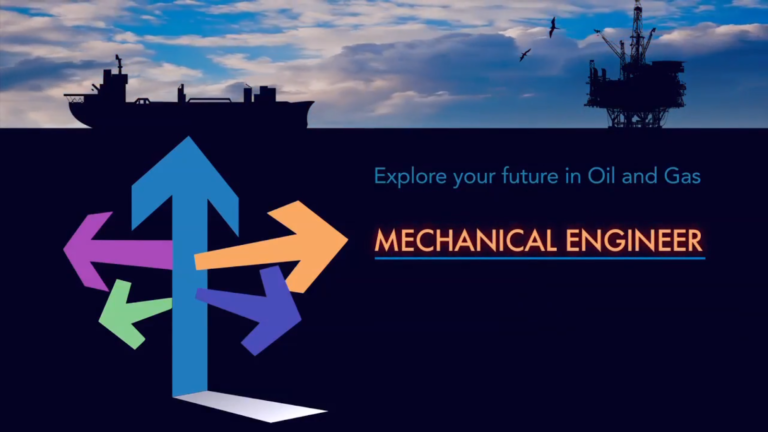
06 Aug Career Opportunities for Mechanical Engineers in Oil and Gas Industry
Mechanical Engineers have a huge role to play in the oil and gas industry. They are responsible for designing the equipment and machinery that are used by technicians and engineers for their day to day activities. These equipment include pipelines, valves, turbines, etc. Mechanical engineers analyze any operational difficulties faced by the technicians and create new equipment or modify the existing ones. Mechanical engineers often have to work with a wide range of equipment used in the oil and gas industry, like turbines, compressors, vessels, piping, and heaters. They are also responsible to make sure these equipment are efficient, reliable and safe to use.
Roles of mechanical engineer in oil and gas industry
Mechanical engineering graduates have tons of opportunity to build a successful career in the oil and gas industry. Below are some key areas in oil and gas industry where mechanical engineers can develop a career.
- Mechanical Construction Engineer (Pipeline/Piping)
They are responsible for mechanical works like Equipment Erection, Piping works. They should also supervise contractors personnel in the field and prefabrication. Mechanical construction engineers will also be responsible to ensure compliance with HSE standards and regulations and report all safety observations & induced measures in the report
- Equipment Engineer
Equipment managers are in charge of inspecting the alignment and verticality of the equipment. Pump, Static rotary and hydro-testing will also come under the scope of equipment engineers.
- Operation & Maintenance engineer (Refinery/Petro-chemical industries)
Their job involves oil & gas plant operation and maintenance, shutdowns/turnarounds, expansions and facility debottlenecking.
- Project Engineer (Project & Construction Management)
They ensure team members have a clear understanding of the overall strategy, business drivers and priorities of the project. Develops project plans including engineering design/procurement, fabrication, vendor mobilization, construction, and commissioning.
- QA/QC Engineer (Welding, pippin/Coating)
QA/QC engineers visit the working sites to check whether the required standards of quality are followed. Candidates with QC certification and a diploma or graduation in mechanical engineering can become a qc engineer.
Following are the job responsibilities of a QC engineer.
- Reviewing test packages for welding and Non-Destructive Testing (NDT) completion.
- Preparation of the Proposal for the Welding Performance Specifications based on the codes, standards and project requirements.
- Witness the Qualification of the Welding procedure, welder test
- Witness the Mechanical test for the preparation of PQR and doing the necessary Documentation/approval.
- Checking of pipe spool fabrication based on approved spool isometric drawing & bill of materials.
- Review of Material Test Certificates for Raw Materials like Pipes, Fittings, Flanges & Welding Consumables.
- Performing Incoming material inspection, verifying vendor’s material certificates in order to confirm as per project specifications and relevant International Standards.
- Carrying out the Welding inspection before, during and after welding operation as per approved test plan.
- Coordinating, Witnessing, evaluation and interpretation of NDT techniques like RT, UT, MT, and PT.
- Verify material certificates, initiate the material certificate review card (MCR) and ensure the material unique identity is transferred onto the material prior to cut.
- Design/Planning Engineers
Designing mechanical components of equipment used by the technicians by incorporating operational requirements and international compliance and regulations.
Qualifications and certifications
Even though mechanical engineers are highly demanded in the oil and gas industry, a mere bachelor’s degree in mechanical engineering may not suffice for getting your dream entry into the oil and gas or petroleum industry.
The international regulations put forward by entities like API demands that the professionals working in sensitive areas in the petroleum industry must be certified and specialised in their fields.
Securing these certifications will help you find the perfect and effortless entry into the oil and gas industry as a mechanical engineer.
- NACE Coating Inspector certification (level 1,2&3)
- Bgas Grade 2 & 1
- CSWIP 3.1 and 3.2 certification
- AWS Grade 1 & 2
- QA/QC certifications
- ISO
- NDT certifications (ASNT Level 2 and level 3, PCN Level 2)
- API 510, 570, 653, 580, 936 certification



No Comments